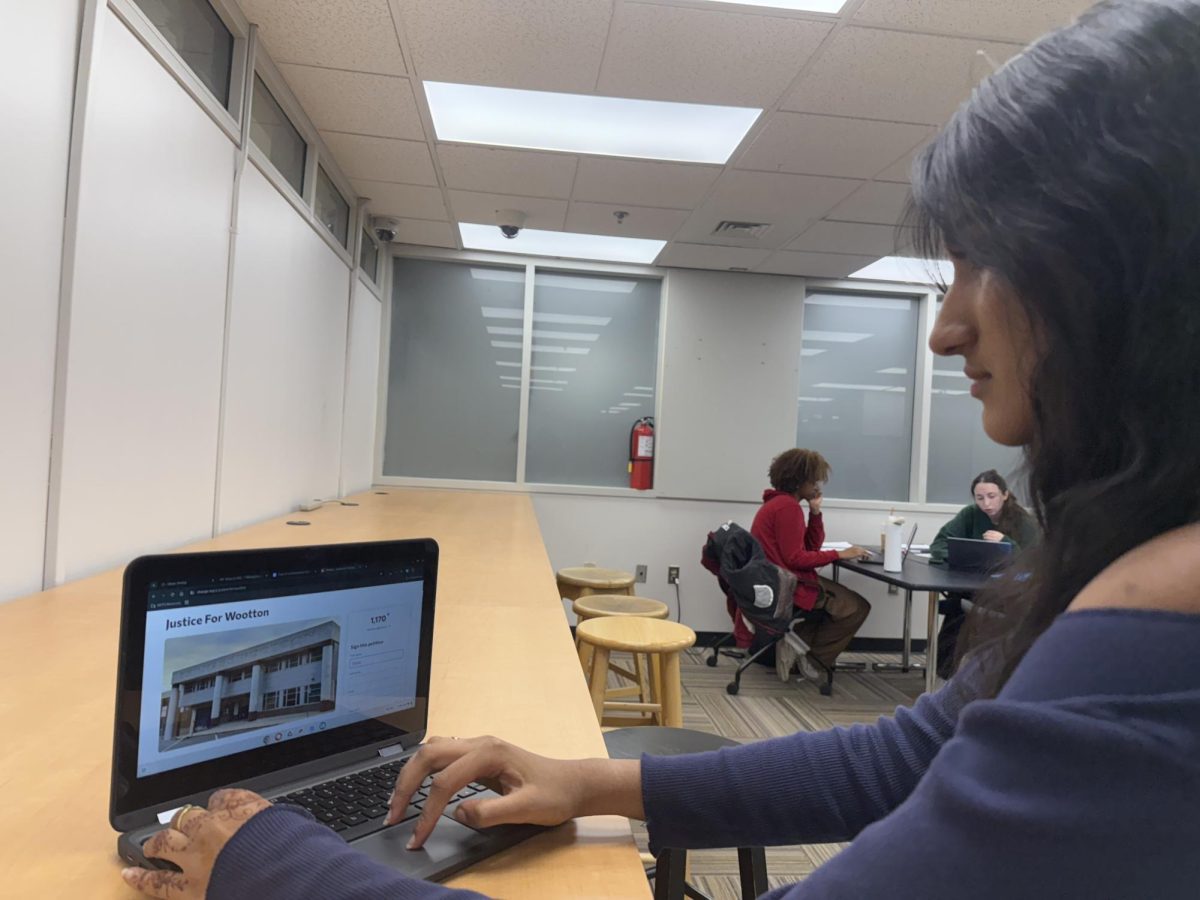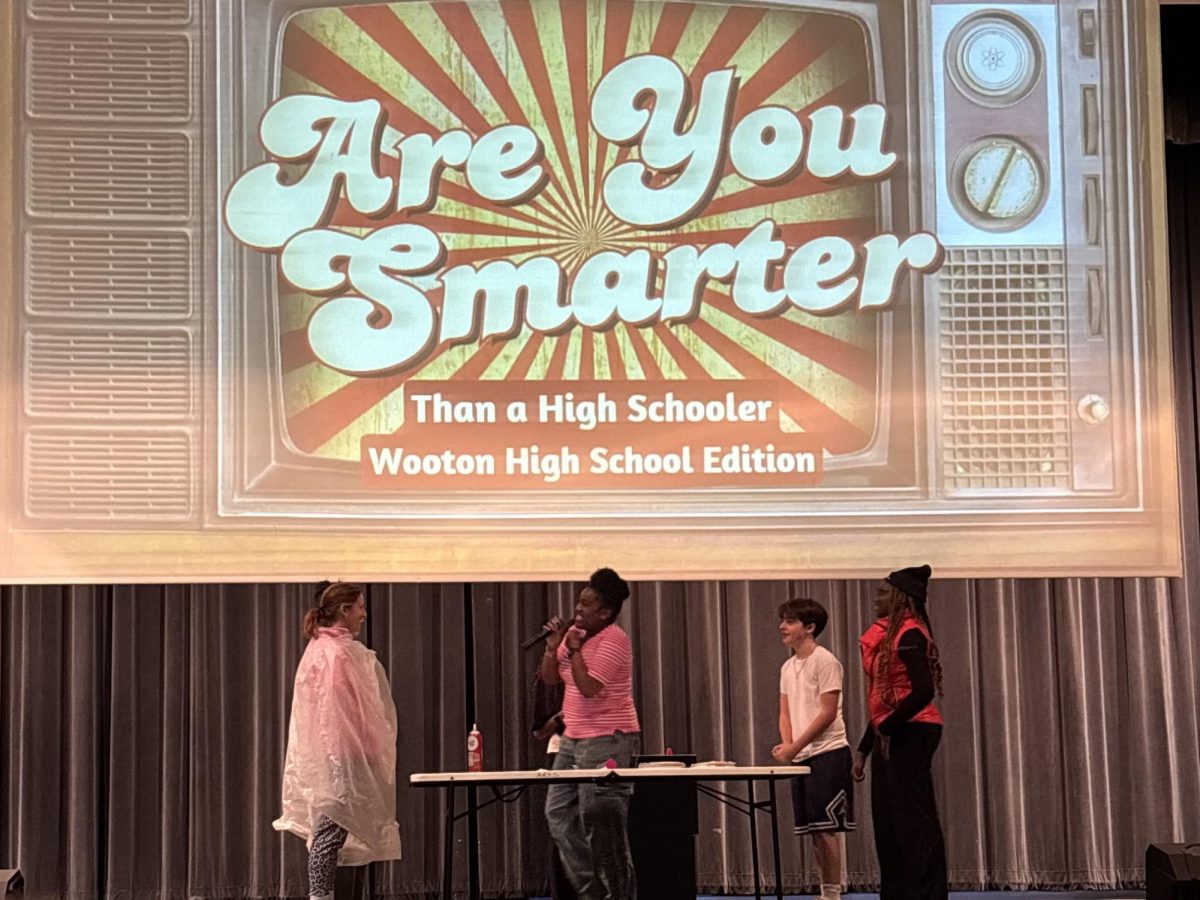Hard to avoid
High school can be a stressful time filled with uncertainty and confusion. Not only do students have to balance school work and extracurriculars, but they also have to find a way to avoid instances of sexual harassment. “A new report shows, more than a third of middle and high school students may be victims of sexual harassment by their classmates,” New York Times writer Tara Parker-Pope said.
Introduction of catcalling
One specific form of sexual harassment gets debated on social media and in the real world: catcalling, the act of targeting a person by gesturing or voicing something in a sexual or threatening manner. Catcalling behavior is an atrocity to one group of people, and at the same time, a form of fun to another. It’s experienced on the busy streets of a city and in the empty locker-filled halls of a high school. This form of objectification is an offensive holler, a wolf whistle, or an inappropriate gesture that is frequently believed by the catcaller to be a minor inconvenience. “It compels people to think that their only role in society is to look nice,” junior Faran Kharghani said.
In high schools
The nature of catcalling in high school may be due to a lack of knowledge of proper social interaction or ignorance of the detrimental effects catcalling can cause. According to Time magazine, not only can catcalling induce anxiety and depression among students, but it can also result in low self-esteem. “Sexual harassment makes me feel unsafe and angry,” fifteen-year-old Elizabeth said in an imMEDIAte Justice documentary that shares the perspectives of teenage girls on street harassment.
Documentary
The girls in the documentary share their experiences of being catcalled in and outside of school. Sixteen-year-old Laura reveals that because of the various occurrences of harassment in her life, she feels uncomfortable wearing short clothing. Students in high school who are catcalled often attempt to change their attire or route to class in order to avoid the harassment. “It makes us feel vulnerable; nasty comments can lower self-esteem and force people to become someone they aren’t,” freshman Sarah Nanos said.
The wrong mindset
It is not surprising that the students who engage in catcalling believe that their actions are a form of flattery. To certain people catcalling is far from offensive, but rather a feel-good situation, a compliment. “If the girls are in a crop top and short shorts like I think they want to get called…it looks like they want the attention,” the boy in the imMEDIAte Justice documentary said.
Not attention seekers
There are people who enjoy being catcalled because of the attention it garners, and there are also those who don’t care. However, it is important for the catcallers to understand that while there are times their actions can wreak no havoc, catcalling can do major damage. “Some women report feeling no emotional reaction to street harassment, although they are the minority,” according to a Hollaback! and Cornell University research survey about street harassment in 2014.
Societal views
If it isn’t obvious already, society hasn’t completely determined whether to allow catcalling or limit it. However, in their Student Code of Conduct, Montgomery County Public schools explicitly states that sexual harassment can lead to a consequence of a level two, three, four or five nature. This means that students who engage in any kind of sexual misconduct may be subjected to an administrative referral, community service, mentoring programs, long-term suspension or expulsion. “As part of any disciplinary response, schools should emphasize intervention strategies, such as restorative practices,” Montgomery County Public Schools said.
Student experiences
A student at this school who chose to stay anonymous claims they have experienced catcalling on the school bus. The student received unwanted compliments from strangers on the bus, and although the comments may be gratifying, the student revealed that they felt uncomfortable. “The catcalling progressed and later I started hearing more derogatory comments which I didn’t do anything about, I finally retaliated when someone tried to grab my leg on the way home one day,” the anonymous student said.
Teacher experiences
Social studies teacher Maima Barclay experienced catcalling as a student in New York City. She believes it tends to be a lot more prevalent in big cities because of the diversity of cultures. “Many of the men or boys come from other cultures where that happens to be more prevalent and it is difficult for them to distinguish between what is socially acceptable in this new culture,” Barclay said.
Barclay was subject to whistling and sexual remarks in high school and she claims that the catcalling got worse in college. The comments she received were mainly references to body anatomy that the caller deemed to be sexually attractive. After feeling uncomfortable and dehumanized for a long time, Barclay finally decided to say something back. “At the time I was appalled; I have actually stopped and retorted, ‘would you say that to your mother or sister?’ I’ve gotten shocked looks from boys who didn’t expect me to say that,” Barclay said
Forms of catcalling
For a student who was catcalled, the experience isn’t always of “sexual” nature. Joking about someone’s gender identity, race or ethnicity are also forms of catcalling. The problem with such commenting is that it can look or feel intimidating and can swiftly escalate. When a student decides to ignore their offender, the offender decides to further harass the student by following or stalking the individual. It may be hard to believe, but catcalling is an aspect of rape culture. “In this school, I haven’t been very cognizant of it, the one or two times I’ve seen it happen was between friends and the students would engage in more of a conversation, rather than an offensive luring,” Barclay said.
The popular opinion
School is an environment that allows students the opportunity to work with people and grow as learners. Although catcalling isn’t harmful to everyone, it can be disruptive to students who come here to gain an education. “It’s disgusting and very immature for anyone to disrespect or make fun of a person who is coming to school for an education,” senior Fatima Ahmed said.







